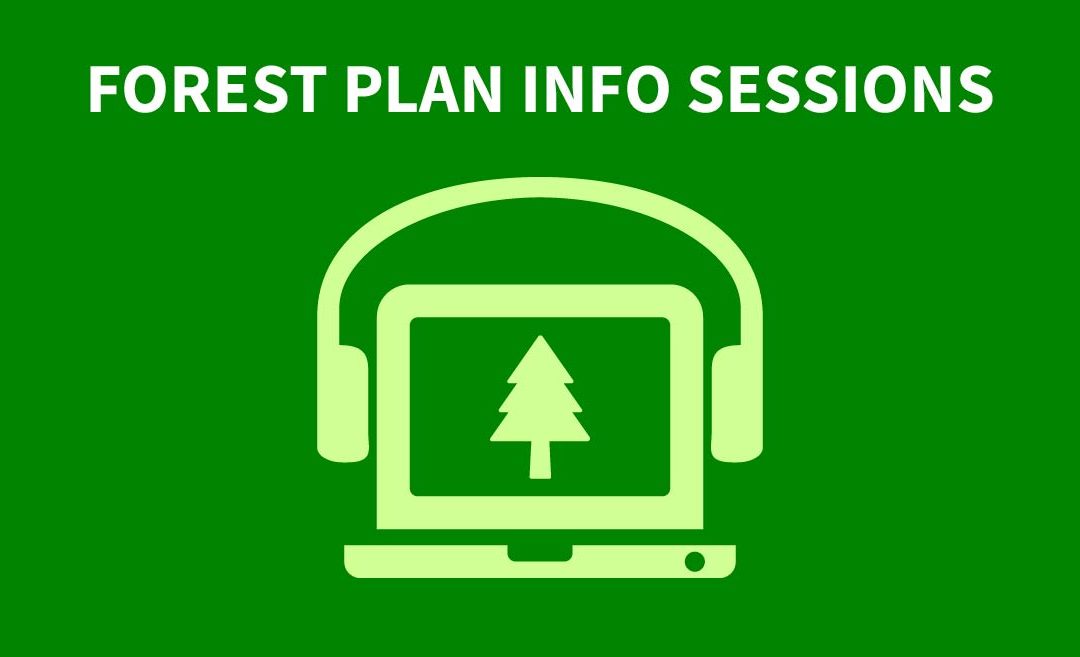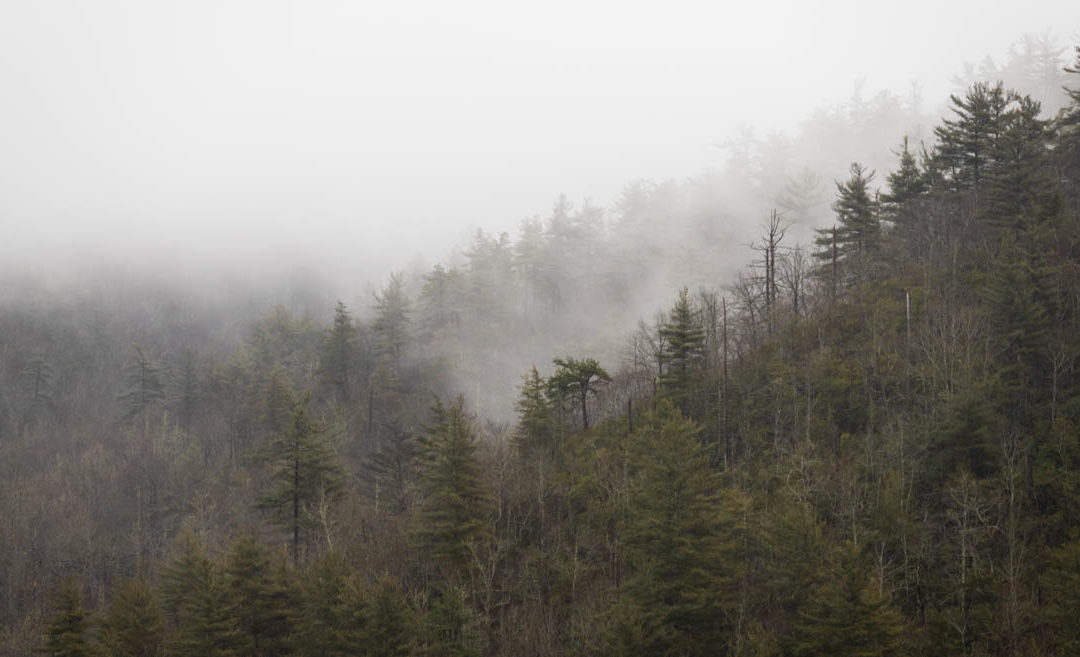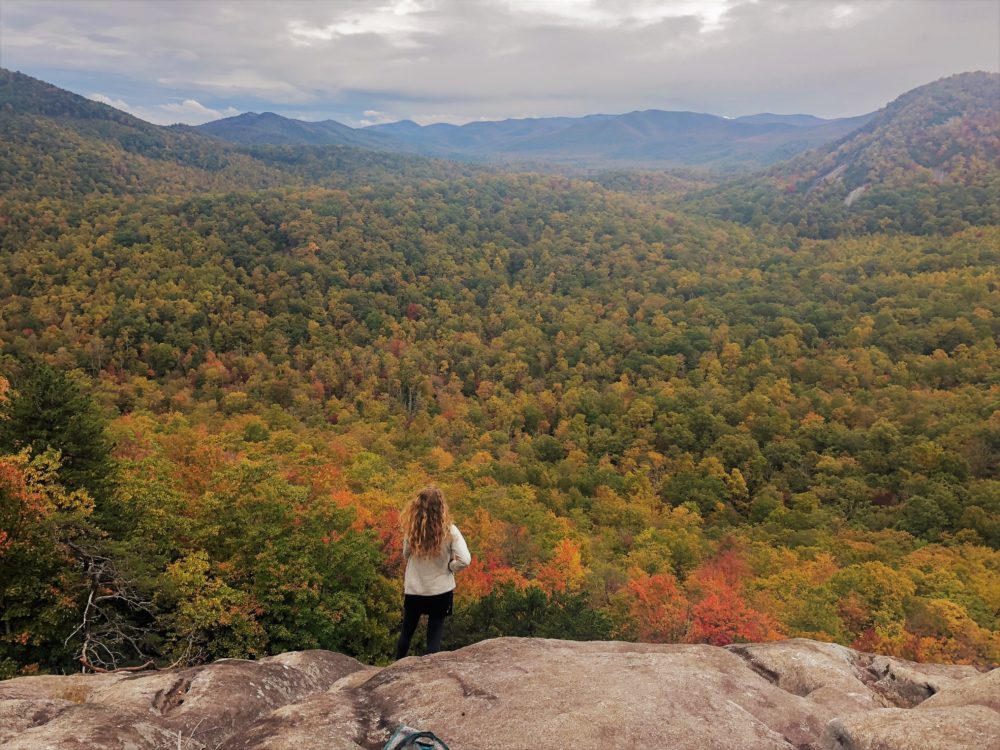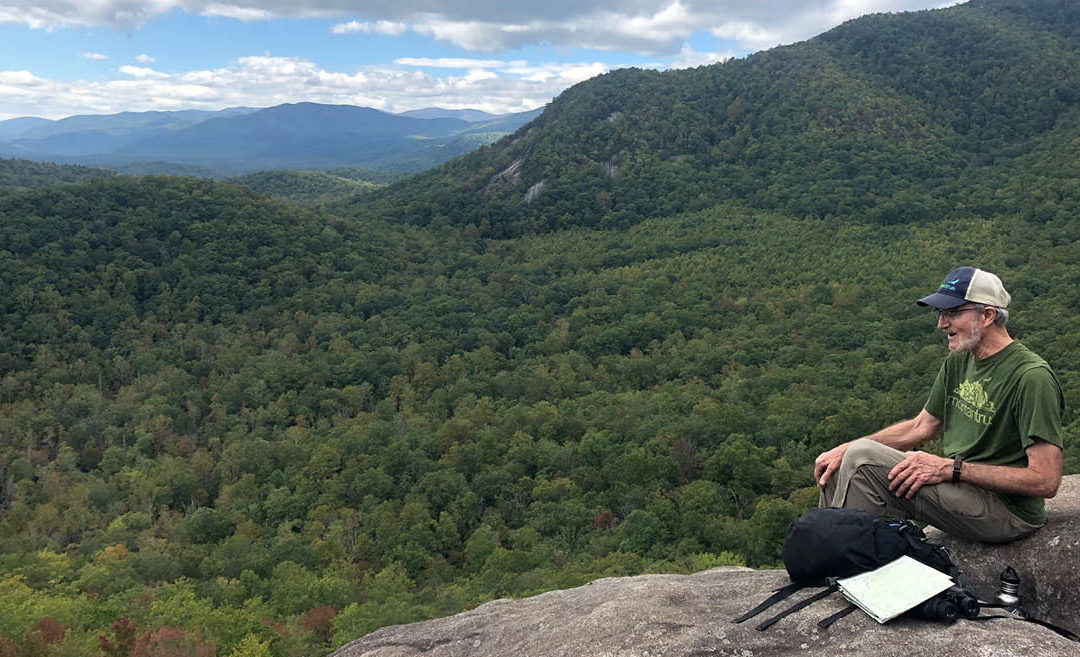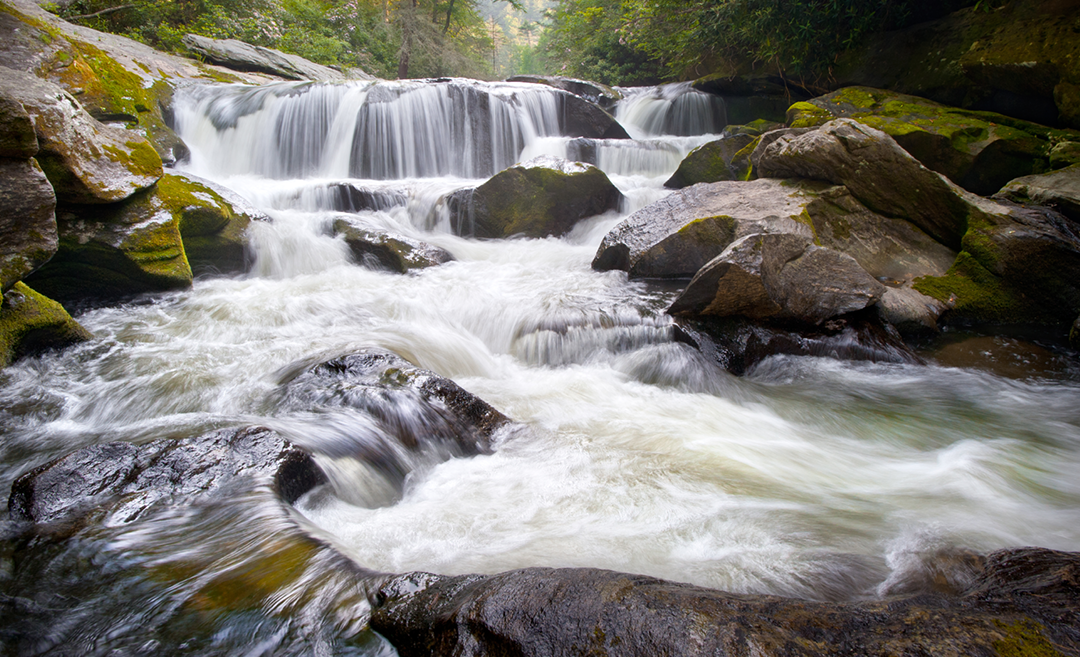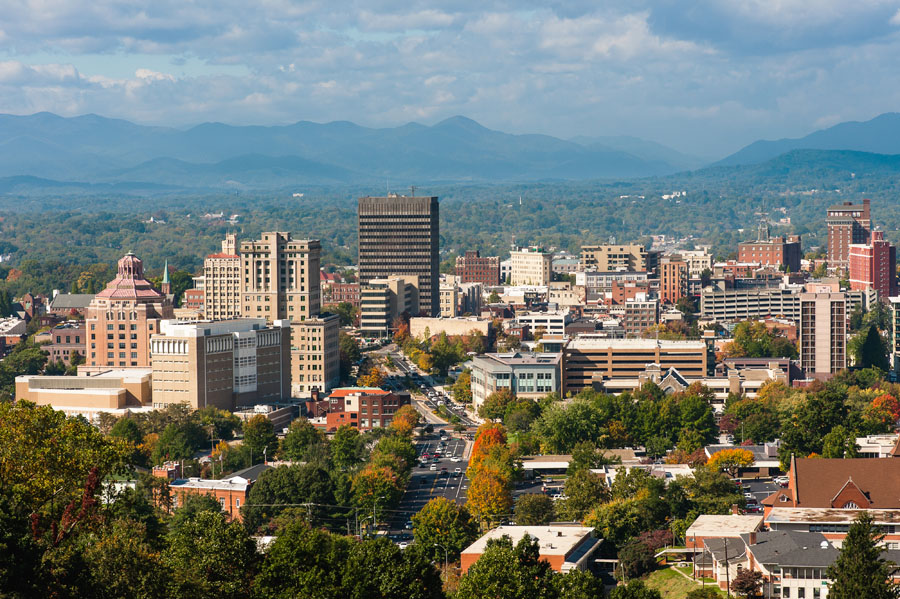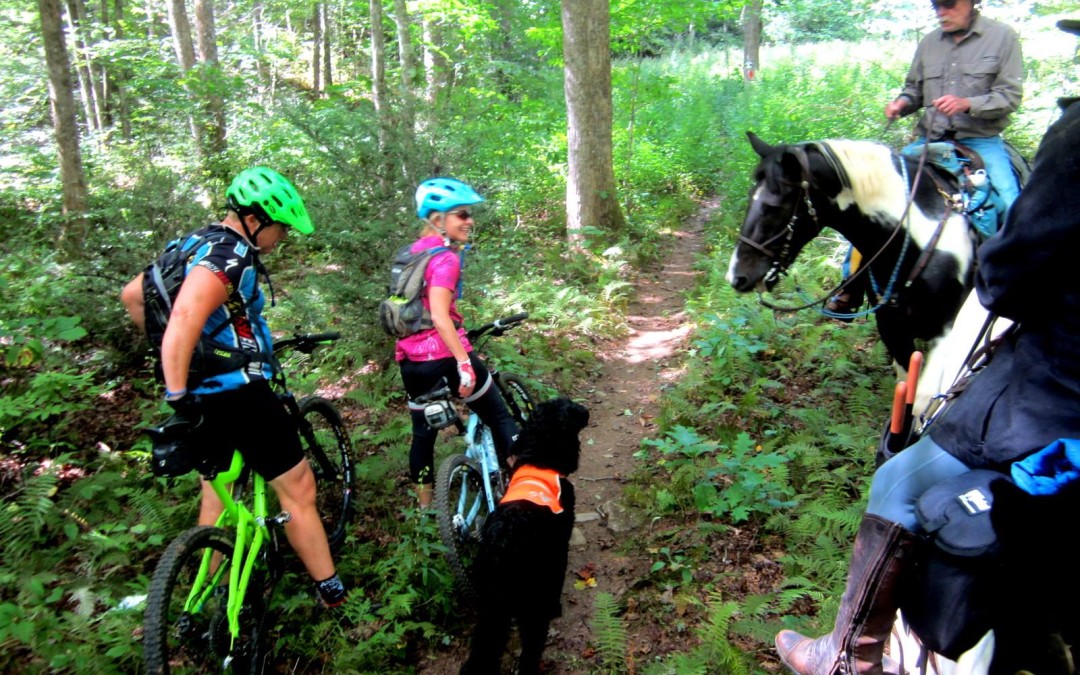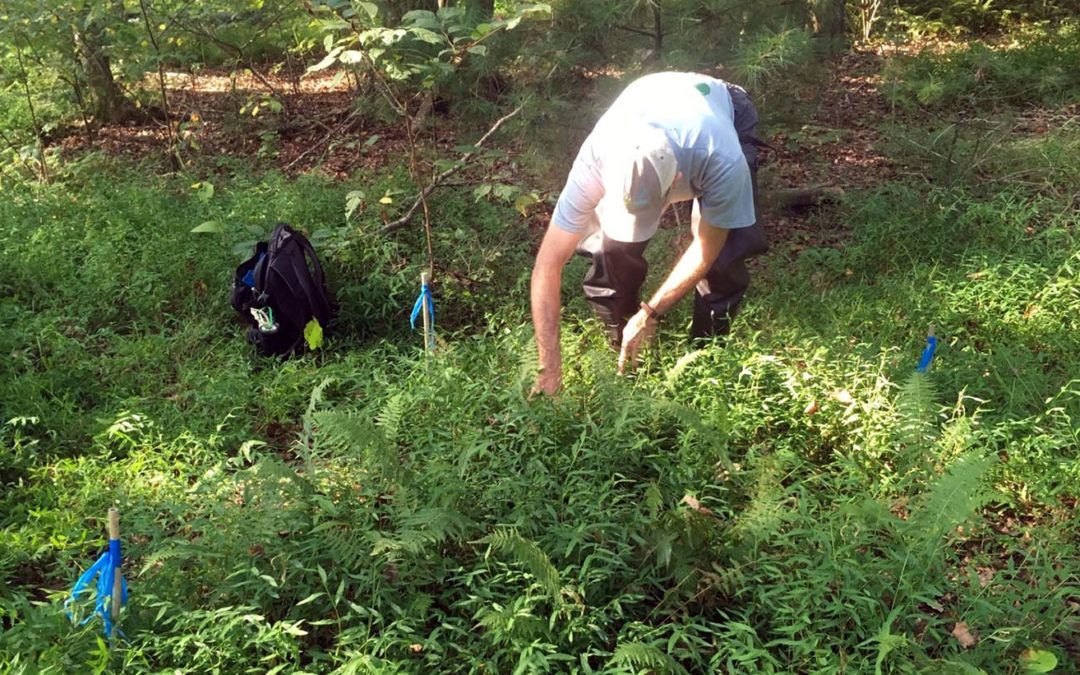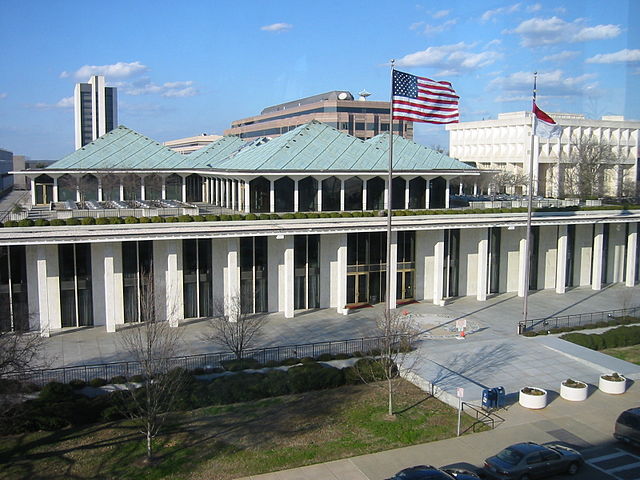
MT Raleigh Report, COVID-19 Edition: What To Expect From NC Lawmakers This Week
MT Raleigh Report, COVID-19 Edition: What To Expect From NC Lawmakers This Week
When the North Carolina General Assembly convenes its 2020 session tomorrow, it will do so in a state – and a world – that was unimaginable when lawmakers finished their work for 2019 just a few short months ago.
Back then, legislators were looking forward to a 2020 session fueled by a robust budget surplus, made unusually large as a result of last year’s budget stalemate that left hundreds of millions of unallocated dollars in the state’s General Fund.
That, of course, was all before the impact of COVID-19 on millions of North Carolinians and thousands of North Carolina businesses. Now, legislators can expect a reduction in state tax revenue of $1 billion or more and debates about how to respond to the pandemic, when and how to restart the state’s economy and what to do about the state’s suddenly frail finances.
The Rundown
With the legislative session beginning tomorrow, here is a quick rundown of where things stand in Raleigh and what MountainTrue’s priorities are for the session.
- Despite limits on public gatherings across the state, the legislature will go into session with strict limits on the public’s in-person access to legislative proceedings.
- Lawmakers are increasing electronic access to committee meetings and other legislative gatherings so that the public can monitor the process. You can access those by clicking on the audio icon for the committee or legislative body you wish to tune into here.
- Credentialed media will also have in-person access to the General Assembly.
- Legislative leaders hope the session will be very short, perhaps a week or two, and focused only on COVID-19 bills and appropriations.
- Bills leftover from the 2019 session or new issues unrelated to the pandemic are unlikely to be considered.
- The COVID-19 agenda is still developing – a House Select Committee on COVID-19 began making its recommendations last week, and more are expected to become public before the session begins.
- Governor Cooper will also send a list of COVID-19 requests to the legislature for consideration.
- The North Carolina Senate has not met formally to develop recommendations for the session, but is expected to have its own list of pandemic response proposals.
- Once lawmakers complete their work, they are expected to adjourn and reconvene some time midsummer.
The legislature is not likely to take up the state budget during this spring session. The delay of the state’s tax filing deadline to July 15 means that lawmakers won’t have an accurate estimate of revenues for the 2020-2021 fiscal year until later in July.
Despite the tax filing delay, budget analysts in both the Governor’s office and the legislature predict that the pandemic’s impact on the state budget will be significant – in the range of a $1 billion to $2 billion reduction in state revenues for FY2020-2021.
The state’s overall budget totals about $24 billion annually. While the state has considerable fiscal reserves, the reduction in tax income and the cost of the COVID-19 response and recovery will result in significant budget reductions for the coming fiscal year. Click here to view a recent presentation by Governor Cooper’s budget director about the pandemic’s impact on state finances.
MountainTrue’s Priorities
As the only WNC environmental group with a permanent presence in Raleigh, MountainTrue will be active during both the upcoming spring session and the summer session expected later this year. For starters, we will be on the watch for any effort to roll back clean air, clean water or clean energy laws. In WNC, so much of our economy depends on our natural resources, which must be protected if we are to bounce back from COVID-19. Towards that end, we will also oppose any effort to balance the budget with cuts to state agencies that enforce environmental rules. These agencies are already woefully understaffed and underfunded after years of budget reductions.
MountainTrue will also continue to support key investments to protect WNC water quality and increase public access to our rivers. We have just finished a round of teleconference meetings with two key WNC legislators who have power over budget appropriations: Rep. Chuck McGrady and Sen. Chuck Edwards. Topping our list of priorities are funds for water monitoring and pollution detection for WNC rivers and streams, as well as new investments in public access along the French Broad, Green and Watauga Rivers. While these investments may not seem pressing, outdoor recreation will likely be one of the earliest, safest and most popular forms of recreation available when the pandemic abates. It’s important that our region has improved infrastructure, both for our residents and visitors, to boost our local economy when widespread recreation is safe again.
Taking a step back, we know that many of our supporters face extremely difficult challenges as a result of COVID-19. We also realize that many of you may not have the time and energy to think about North Carolina politics and policies and their impact on our environment and our economy right now. And that’s okay. That’s why MountainTrue is here: to be a permanent, trusted, informed voice for our region and its natural resources. We thank all of you who provide the support that allows us to do this important work.
Do you value the Raleigh Report? It takes a lobbyist and staff expertise to bring this resource to you. Please consider making a donation to support this work and protect the places we share: https://mountaintrue.org/join

